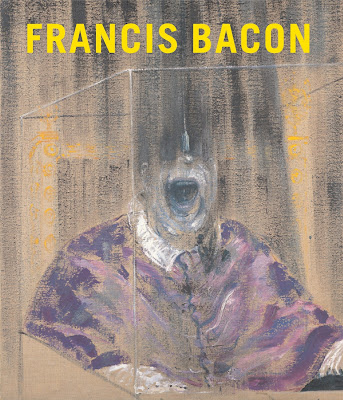The word 'essay' comes from the French word 'essai' which means an attempt, a tentative effort, a written composition less elaborate than a treatise. It is usually a composition written in prose. The length of an essay is variable. It may be of a few hundred words or of book length. It may discuss one topic or several topics.
Essay as a literary genre owes its origin to the sixteenth century. French writer Michel de Montaigne (1533-1592) who published in 1580 the first two volumes of his Essays. This literary genre was introduced in England by Francis Bacon the first editon of whose Essays was published in 1597. The essays of Bacon are aphoristic in style. They contain short and pithy statements. The Essays of Montaigne may be said to be subjective. They are fairly long and in them Montaigne flits like a butterfly from one subject to another. The grace and charm of the essays of Montaigne are lacking in Bacon whose essays are mainly didactic and full of practical advice to men of the world.
Since the days of Bacon the essay as a literary form has firmly established itself in England and we have a long and uninterrupted line of essayists. Some seventeenth century essayists followed the style of the Greek philosopher Theophrastus. But Cowley (1618-67) preferred the subjective and personalistic style of Montaigne.
In the eighteen century essays flourished in the journals like the Tatler and the Spectator. The purpose of these essays was to expose the false arts of life and to recommend a general simplicity in our dress, our discourse and our behaviour. The nineteenth century may be said to be the golden age of essays which produced such great essayists as Charles Lamb, William Hazlitt, Leigh Hunt, Landor, De Quincy and Macaulay. The essay continued to flourish in the Victorian Age through the writings of Walter Pater, Mathew Arnold, Ruskin and Carlyle. In the twentieth century we have essayists like Lucas, Lynd, Chesterton, Gardiner, Max Beerbohm.
Bacon's Essays reflect the spirit of the Renaissance. In the Middle Ages the churchmen ruled supreme and their sole interest was how to get back to Heaven from where man had been banished. by God for his disobedience. They neglected the earthly life, its science and culture. But the Renaissance brought back to the attention of men the pre-Christian Greek ideal of art, literature and philosophy. The people of Europe began to think and act free from the trammels of the church. They shifted their attention from the high heavens to this humble earth of ours. This change in attitude of the men of the age of Renaissance is clearly reflected in the essays of Bacon. He does not advise men to renounce life and society and concentrate their effort to realize otherworldly happiness. Bacon preferred the life of action to the life of contemplation. The aim of Bacon was to find out the secrets of nature through reason and experience and apply that knowledge for the improvement of our life. Knowledge is power, i.e., mastery over the forces of nature in order to improve the lot of mankind. Bacon was no woolly idealist. His feet were firmly planted on the soil. He knew that nothing practical could be realized by neglecting or ignoring the forces of nature. But he was not completely devoid of idealism as some of his critics allege. Blake is said to have remarked the essays were good advice for the kingdom of Satan, i.e., Bacon was solely concerned with material pleasure. But this criticism is certainly misguided.
Bacon was fully aware of the complexities of human nature. His essays are not religious dissertations meant for persons seeking salvation but for those who want advancement in the material world. Pragmatic and practical guidelines and indications that may help a social man lead a healthy life form the essence of the Essays of Bacon.





No comments:
Post a Comment